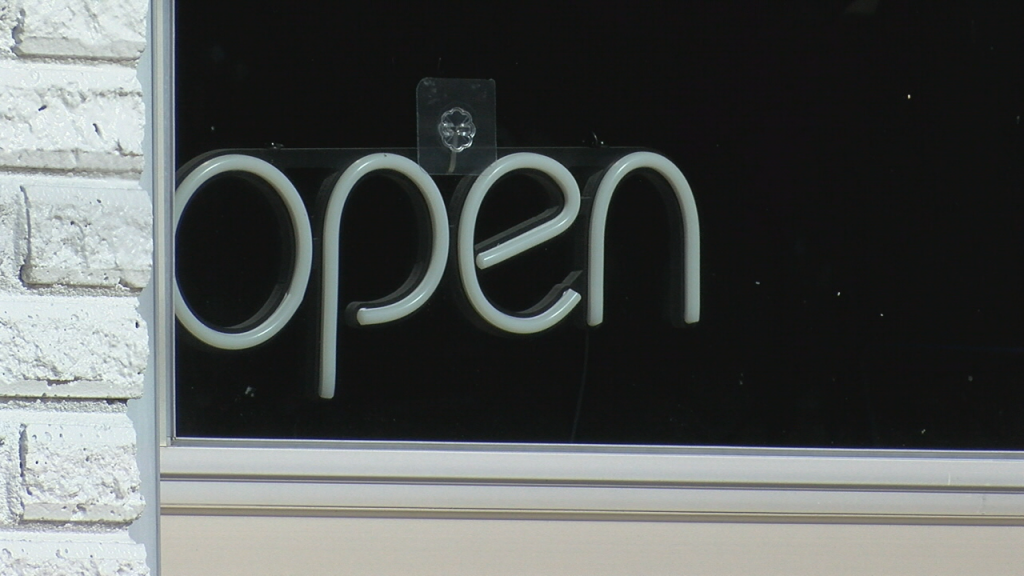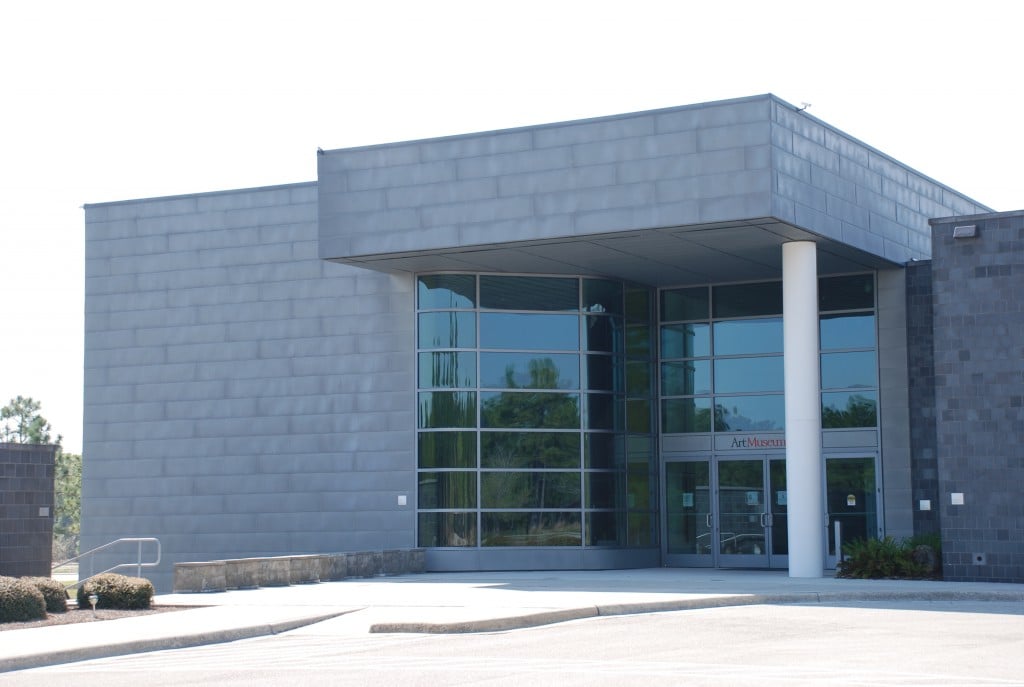SPECIAL REPORT: Opioid epidemic hits close to home
WILMINGTON, NC (WWAY) – It is a crisis that is sweeping our nation and one WWAY has been following closely, the opioid epidemic.
Wilmington is number one for opioid abuse in the country. Whether that is heroin or prescription drugs it is a battle New Hanover County and other counties across the area continue to fight.
Aside from addiction, the stigma surrounding drug addicts is also a large problem and one that cost a Wilmington mother of three her life.
Those who have struggled with drug addiction know just how hard it is to get back on your feet. Whether it is getting a job or trying to find housing, having to write down your past on various applications may affect your future.
And for Iris Baker’s daughter Zoe, it was too much to handle.
“She was found in her car at 8:30 p.m. that night. Dead. With the engine still running,” Baker said.
It has been more than a year since 40-year-old Zoe died of a heroin overdose.
“The day she died. March 23rd, 2016. I saw her at 4:00 p.m. She was very depressed again. And her words to me were ‘mom, all the rejection has gotten to me,” Baker said.
For years Zoe struggled with mental health issues.
“With being able to accept that she was worthy of being loved. That drove her to addiction problems,” Baker said.
In 2004 Zoe began living on the streets it was the beginning of her heroin addiction.
“It was very hard for me,” Baker said. “Because people would hear about her living on the street or being addicted to drugs even before that. And throw out comments to me. ‘Well if you’d just been a better parent she wouldn’t be in this situation.’ I heard that numerous times.”
Baker had Zoe in and out of treatment centers, doing the best she could to help save her daughter. In 2010 Zoe cleaned up her act and stayed clean until 2015. But during all those years she faced nothing but rejection.
“She never could, through all of that time find a job. She couldn’t even be on a lease,” Baker said.
It is a sad reality recovering addict Debbie Eden says is a constant struggle for those trying to turn their lives around. Eden has been clean for 21 years but says it was a difficult process.
“It’s prevented a lot of people who are in recovery. Or people suffering from substance abuse disorder being able to find housing. Being able to find appropriate work. The stigma is once an addict or alcoholic, always an alcoholic or an addict,” Eden said.
Eden adds that having to check a box or write in your criminal history creates an unwanted stigma.
“People would judge me for being in recovery from using drugs and alcohol,” Eden said. “They didn’t understand the mindset and thought that I was a bad person. Or that I had a moral deficiency.”
When in reality it was a sickness Eden and Zoe were both fighting.
“I mean we’re compassionate to people who have diabetes. We’re compassionate to people who have heart disease. Why are we so disgruntled towards people who have drug addiction. It’s a disease also,” Eden said.
But for Zoe, she could not face the constant rejection.
“I think all of the rejection contributed strongly to her feeling of unworthiness,” Baker said. “She did not like who she was. She did not like what she had become. And knew that there was a lot of stigma.”
On her last day Zoe told her mother several things. Including the feeling of defeat.
“And I really don’t see a reason to keep trying. Because nobody will give me a chance to do what they tell me I should be doing,” Baker said.
People and businesses closing their doors, before giving her a chance to start a new, sober life. Eden says it is part of the growing opioid crisis that needs to be addressed.
“Just because I have that in my past doesn’t necessarily mean that is who I am today,” Eden said.
And as for Baker she wants more to be done.
“As far as societally, I really believe we need more accessible mental health resources. Because I believe that a lot of the folks who become addicted are doing so because they are seeking that feeling of normalcy. And worthiness of acceptance,” Baker said.
And while Baker asks society for more accessible mental health resources, Eden is asking for people to show more compassion for those struggling or who have struggled.
Clearing the stigma, Eden says is just another step in the fight against the opioid crisis.





Leave a Reply